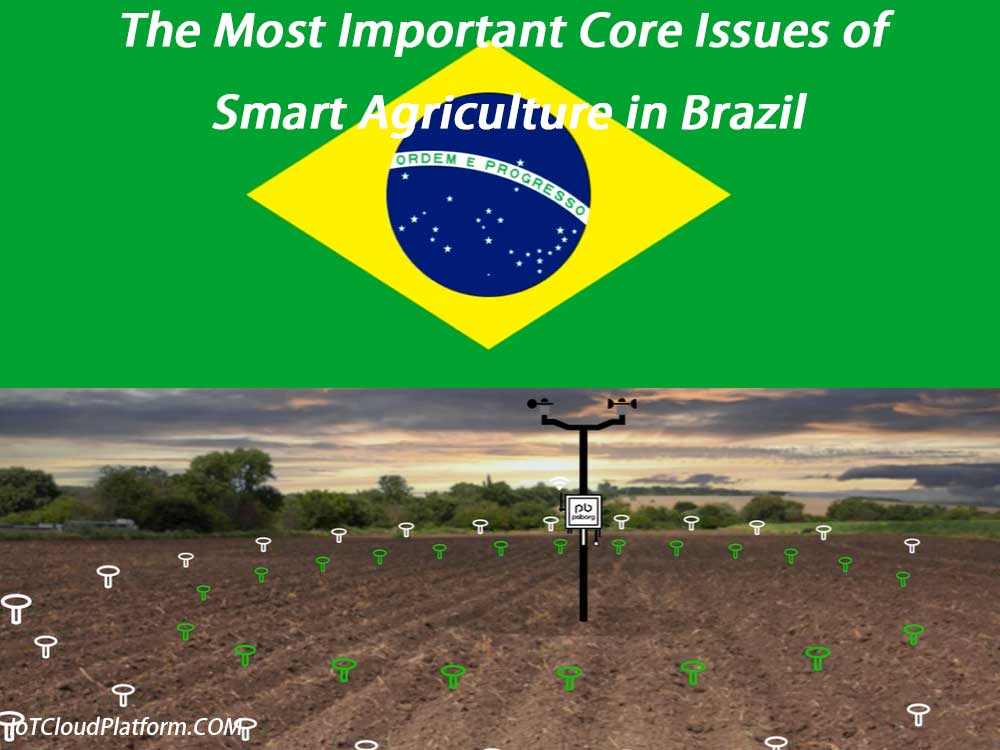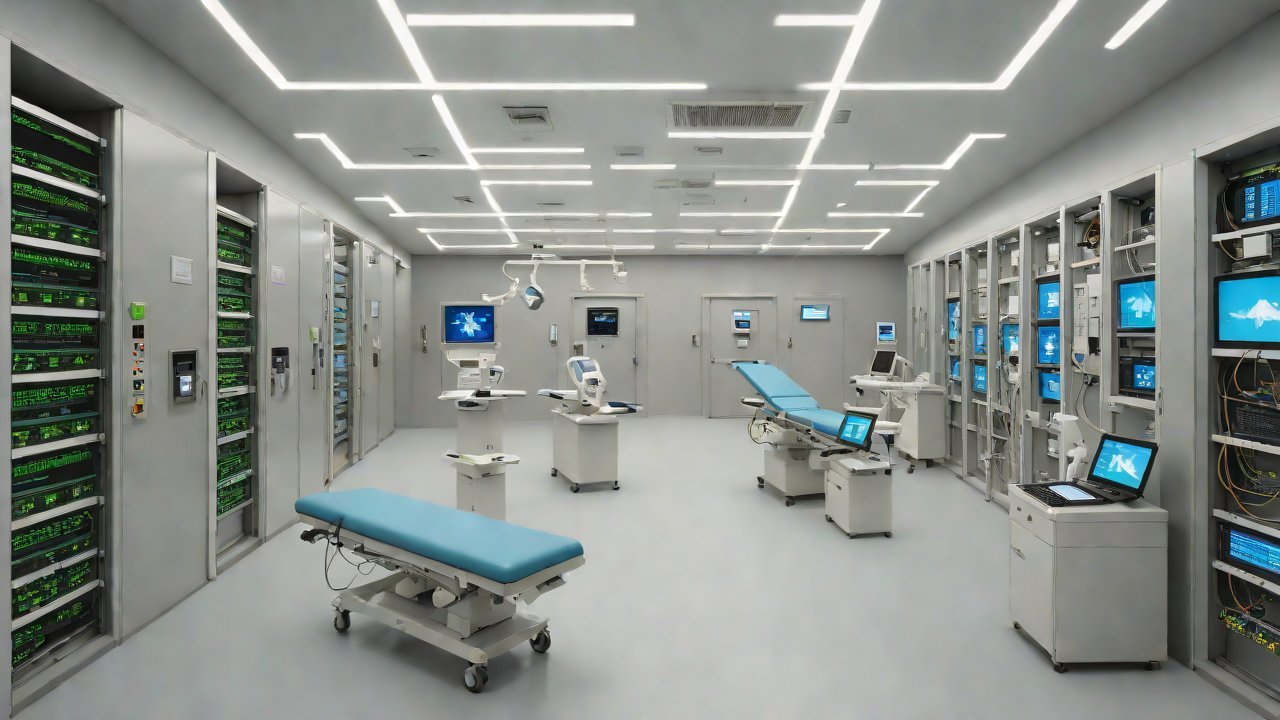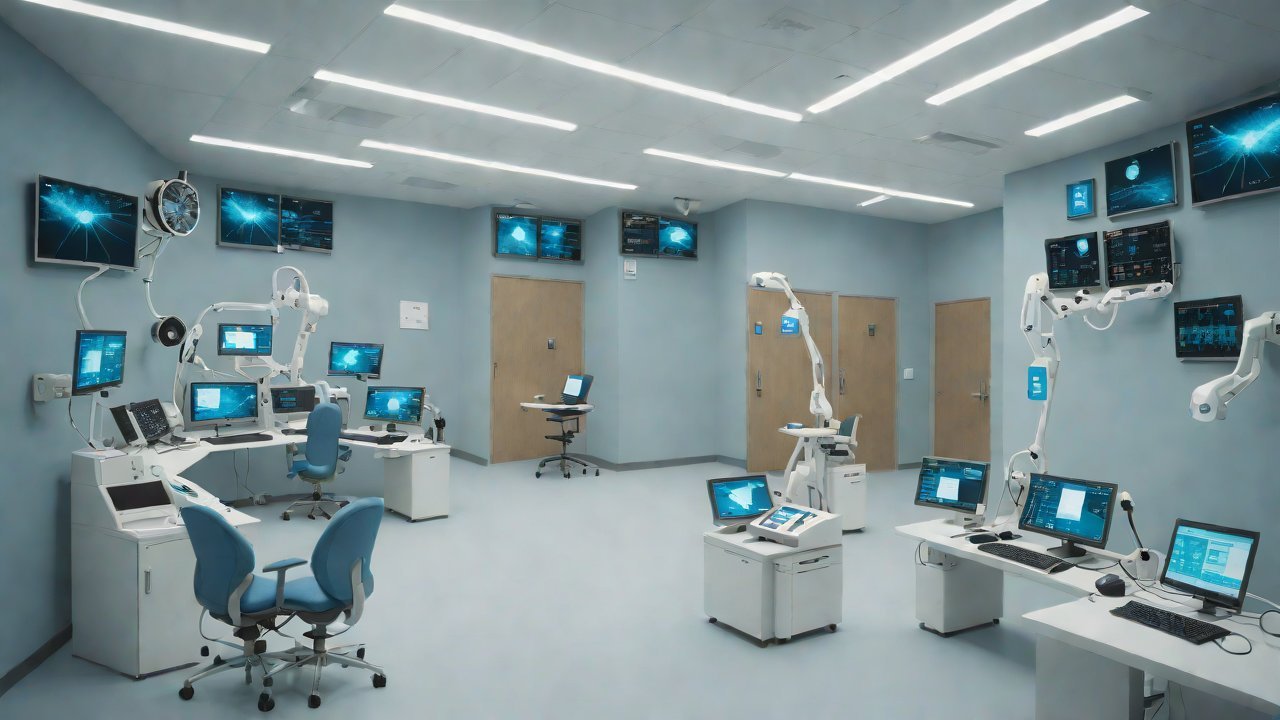
The Most Important Core Issues of Smart Agriculture in Brazil
The development of smart agriculture in Brazil is at a critical stage, and its core issues involve multiple aspects, including but not limited to technology popularization, data integration, talent training, policy support and sustainable development.
Technology popularization and infrastructure construction
Challenges of technology popularization
As a major agricultural country, Brazil’s level of intelligent agricultural production needs to be improved. The core of smart agriculture lies in the widespread application of information technology, including the Internet of Things, big data, artificial intelligence, cloud computing, etc.
However, the penetration rate of these technologies in Brazil’s grassroots agriculture is still low, mainly due to high technology costs, low farmer acceptance and imperfect infrastructure.
Infrastructure construction
In order to promote the development of smart agriculture, Brazil needs to increase infrastructure construction, including the construction of high-speed Internet networks, the promotion of smart agricultural equipment, and the establishment of agricultural data centers. The improvement of these infrastructures will provide solid technical support for smart agriculture and promote the intelligence and precision of agricultural production.
Big Data Integration and Application
Big Data Collection and Integration
The core of smart agriculture lies in the collection, integration and analysis of big data. Brazil needs to establish a complete agricultural data collection system, and collect various data in the agricultural production process in real time through sensors, drones, satellite remote sensing and other technical means, including soil moisture, light intensity, pests and diseases, etc.
At the same time, it is also necessary to establish an agricultural data center to integrate, analyze and mine the collected data to provide a scientific basis for agricultural production.
Big Data Application
The application of big data will greatly improve the efficiency and accuracy of agricultural production. Through data analysis, farmers can more accurately understand the growth status and needs of crops, and achieve precise fertilization, precise irrigation, precise prevention and control of pests and diseases. In addition, big data can also help farmers predict market trends and formulate more reasonable production plans and sales strategies.
Talent Training and Technological Innovation
Talent Training
The development of smart agriculture is inseparable from a high-quality talent team. Brazil needs to increase the training of agricultural science and technology talents, including professionals in agricultural information technology, agricultural mechanization, agricultural economic management, etc. At the same time, it is also necessary to strengthen farmers’ technical training, improve their scientific and technological literacy and operational capabilities, so that they can better adapt to the development needs of smart agriculture.
Technological innovation
Technological innovation is the key to promoting the development of smart agriculture. Brazil needs to encourage and support agricultural technology companies to carry out technological innovation and product development, and promote the research and development and application of technologies such as agricultural robots, intelligent equipment, and agricultural Internet of Things. At the same time, it is also necessary to strengthen exchanges and cooperation with international advanced technologies, introduce and digest international advanced technological achievements, and enhance the competitiveness of domestic agricultural science and technology.
Policy support and capital investment
Policy support
The government plays an important role in promoting the development of smart agriculture. The Brazilian government needs to formulate and improve relevant policies and regulations to provide policy support and guarantees for the development of smart agriculture. These policies can include fiscal subsidies, tax incentives, financial support, etc. to encourage farmers and enterprises to actively invest in the development of smart agriculture.
Capital investment
The development of smart agriculture requires a lot of capital investment. The Brazilian government needs to increase its capital investment in smart agriculture, and provide sufficient financial support for the development of smart agriculture by setting up special funds and guiding social capital investment.
At the same time, it is also necessary to strengthen cooperation and exchanges with international financial institutions and strive for more international aid and loan support.
Sustainable development and environmental protection
Sustainable development
The development of smart agriculture needs to be combined with sustainable development. Brazil needs to focus on the ecological and social benefits of agricultural production and promote the green and low-carbonization of agricultural production. Through the application of smart agricultural technology, agricultural resources can be saved and efficiently utilized, the use of fertilizers and pesticides can be reduced, and the carbon emissions of agricultural production can be reduced. At the same time, it can also promote the integrated development of agriculture with tourism, culture and other industries, and enhance the comprehensive benefits of agriculture.
Environmental protection
The development of smart agriculture also needs to pay attention to environmental protection. Brazil needs to strengthen the monitoring and protection of the agricultural ecological environment to prevent agricultural pollution and ecological damage. Through the application of smart agricultural technology, real-time monitoring and early warning of the agricultural production environment can be achieved, and environmental problems can be discovered and solved in a timely manner. At the same time, it is also necessary to strengthen the treatment and utilization of agricultural waste and promote the resource utilization and harmless treatment of agricultural waste.
Summary and Outlook
The development of smart agriculture in Brazil faces many challenges and opportunities. In order to promote the development of smart agriculture, it is necessary to solve core issues such as technology popularization, big data integration, talent training, policy support and sustainable development.
By strengthening infrastructure construction, promoting technological innovation, increasing capital investment, and improving policies and regulations, these problems can be gradually solved and the rapid development of smart agriculture in Brazil can be promoted.
In the future, with the continuous advancement of information technology and the continuous intelligent upgrading of agricultural production, Brazilian smart agriculture will usher in a broader development prospect and a better tomorrow.
Brazil Smart Agriculture IoT Cloud Platform
The IoT Cloud Platform (iotcloudplatform.com) is an IoT technology exchange platform built by a Chinese IoT company, providing professional IoT technology knowledge services, IoT exchange communities, and IOT forums for global IoT companies.
The IoT Cloud Platform also provides professional sensor-devices-and-solutions-examples/">IoT services in Brazil, such as Brazil Medical IoT, Brazil Industrial IoT, Brazil Security IoT, Brazil Smart Agriculture IoT Cloud Platform, and other services.
The Brazilian Smart Agriculture IoT Cloud Platform is an intelligent and standardized service platform that deeply integrates cutting-edge technologies such as the Internet of Things, mobile Internet, and cloud computing into agricultural production.
The platform helps Brazilian agriculture achieve precise management and efficient production through real-time monitoring, data analysis, and remote control, promotes the process of agricultural modernization, and enhances the comprehensive competitiveness of agriculture. If you have Brazilian agricultural IOT technology products or Brazilian IoT solutions, you can contact us. We provide professional IoT marketing services.
FAQs
The main advances in smart agriculture in Brazil include the adoption of precision agriculture technologies (such as satellite remote sensing and drone monitoring), smart irrigation systems, and the use of big data analysis to optimize agricultural production decisions. These technologies help improve agricultural production efficiency, reduce resource consumption, and promote sustainable agricultural development.
The main challenges facing smart agriculture in Brazil include the difficulty of technology promotion (due to different levels of farmers’ acceptance of new technologies), insufficient infrastructure (such as incomplete network coverage and unstable electricity), large capital investment requirements, and standardization and integration issues in data collection and analysis.
The Brazilian government supports the development of smart agriculture by formulating relevant policies, providing financial subsidies and tax incentives, strengthening infrastructure construction (such as network coverage and power supply), and promoting scientific research cooperation and technical training.
Smart agriculture helps Brazilian farmers increase production, improve product quality, and better connect with market demand by improving agricultural production efficiency, reducing waste, optimizing planting structure and market forecasting, thereby increasing farmers’ income.
Specific cases may change over time, but in general, Brazil has successful smart agriculture application cases in precision fertilization, smart irrigation, pest warning, and crop planting planning using big data. These cases demonstrate the great potential of smart agriculture in improving agricultural production efficiency and sustainable development.
IOT Cloud Platform
IOT Cloud Platform is an IoT portal established by a Chinese IoT company, focusing on technical solutions in the fields of agricultural IoT, industrial IoT, medical IoT, security IoT, military IoT, meteorological IoT, consumer IoT, automotive IoT, commercial IoT, infrastructure IoT, smart warehousing and logistics, smart home, smart city, smart healthcare, smart lighting, etc.
The IoT Cloud Platform blog is a top IoT technology stack, providing technical knowledge on IoT, robotics, artificial intelligence (generative artificial intelligence AIGC), edge computing, AR/VR, cloud computing, quantum computing, blockchain, smart surveillance cameras, drones, RFID tags, gateways, GPS, 3D printing, 4D printing, autonomous driving, etc.



